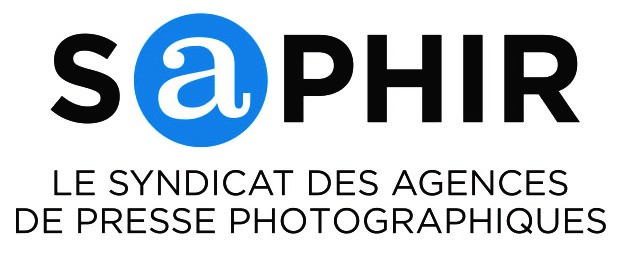In May 2012, the European Commission announced that it had identified four areas “where Google business practices may be considered as abuses of dominance”:
- Search manipulation: The Commission was concerned that Google eliminates competition from specialised search engines—those focusing on specific areas such as travel, local reviews, mapping, and shopping—by artificially demoting them in Google’s general search results and by inflating the prominence of Google’s own competing specialised services irrespective of merit.
- Copying of rivals’ content: Google “cop[ies] original material from the websites of its competitors, such as user reviews, and us[es] that material on its own sites without their prior authorisation . . . [and] [i]n this way appropriat[es] the benefits of the investments of competitors.”
- Exclusionary contracts: Google’s contracts with websites that display Google’s search box (a practice known as ‘search syndication’) “result in de facto exclusivity by requiring [Google’s customers] to obtain all or most of their requirements of search advertisements from Google, thus shutting out competing providers of search advertising intermediation services.”
- Restrictions on data portability: Google’s contracts with advertisers prevent them from easily moving (or “porting”) their advertising data from Google’s search ad platform, AdWords, to competing platforms by “prevent[ing] [software developers] from offering tools that allow the seamless transfer of search advertising campaigns across AdWords and other platforms for search advertising.”
Click here to see the full blog of ICOMP
















